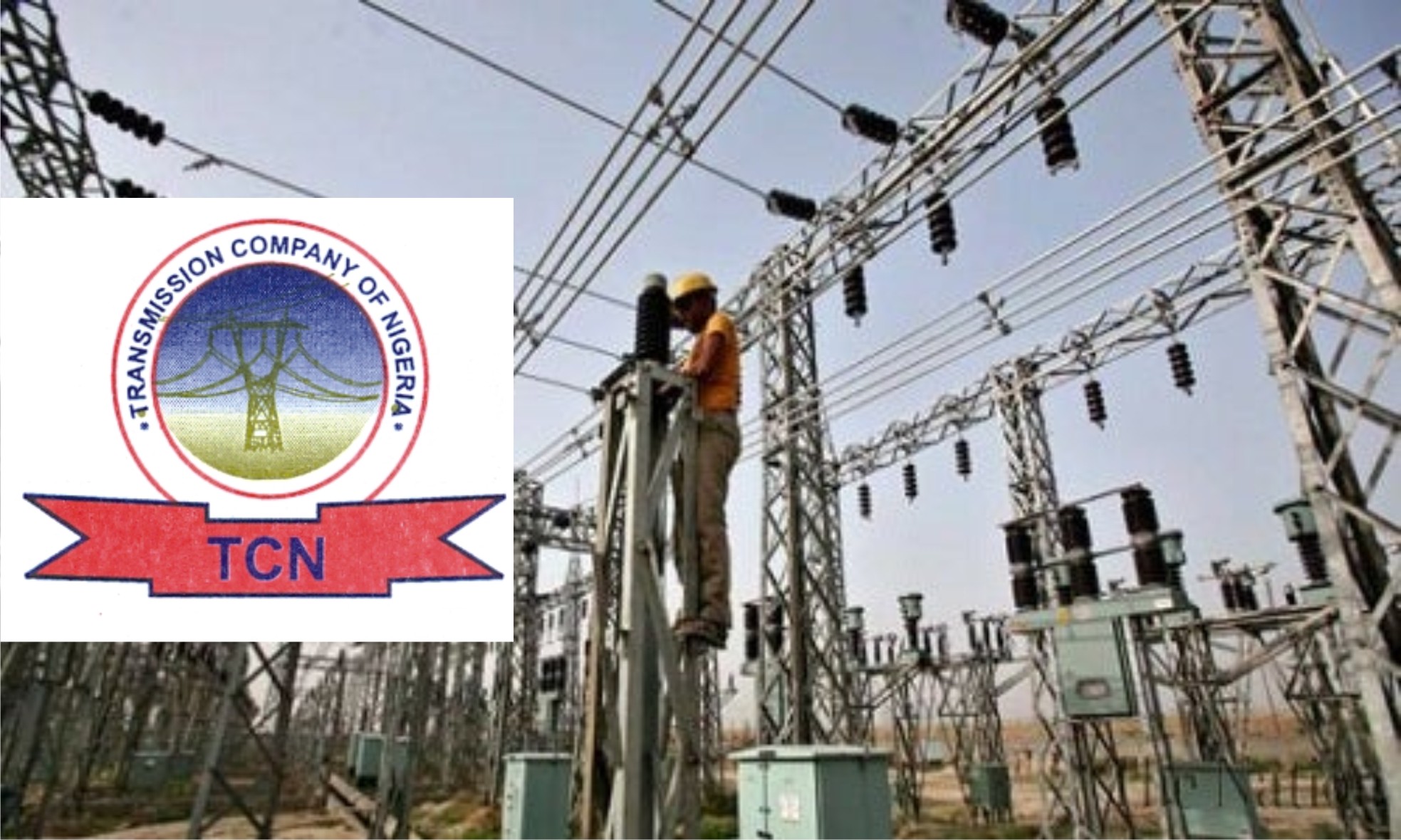Business
CBN Begins Gradual Harmonisation Of Exchange Rates
The Central Bank of Nigeria (CBN) has begun gradual harmonisation of exchange rates with the removal of N379/$1 official rate from its website.
The move by the apex bank is one of the first indications of exchange rate harmonisation and tactical devaluation of the naira.
The policy shift also confirmed long time speculation that the Nigerian Autonomous Foreign Exchange Rate (NAFEX), also called the Investors’ and Exporters’ Forex Window, is the default official rate.
The apex bank had last adjusted the official exchange rate in August 2020 to N379/$1. The exchange rate displayed on the website has historically been referenced as the official exchange rate even as multiple exchange rate regimes have for years dominated the forex market.
However, all government transactions since 2021 have been converted, using the prevailing exchange rate at the official NAFEX window.
The CBN had last November devalued the naira by N6/$1 across all exchange rate lines in line with the exchange rate unification agenda of the apex bank as recommended by the International Monetary Fund (IMF) and World Bank.
In a weekly exchange rate for disbursement of proceeds of International Money Transfer Service Operators (IMTOs), all authorised dealers, Bureau De Change (BDC) operators and service providers were advised to add N6 across all rates.
The naira exchanges at N411.25/$1 on the Investors and Exporters (I&E) Window after the CBN extended its ‘Naira for Dollar’ policy to attract more foreign capital to the economy.
At the parallel market, the local currency exchanged at N484/$1, weaker than N483/$1 it exchanged last Thursday.
CBN governor, Godwin Emefiele, said that in Nigeria, like other emerging market countries and countries reliant on oil exports, the decline in crude oil earnings, as well as the retreat by foreign portfolio investors, significantly affected the supply of foreign exchange into Nigeria.
Speaking at the 55th Annual Bankers’ Dinner in Lagos, the CBN boss said the need to adjust for the decrease in supply of foreign exchange led to the depreciation of the naira.
“With the decline in our foreign exchange earnings and successive exchange rate adjustments, the CBN has continued to implement a demand management framework, which is designed to bolster the production of items that can be produced in Nigeria, and aid conservation of our external reserves,” he said.
Business
CBN Unveils NTNIA, NRNOA Accounts For Diaspora Nigerians’ Investment

Business
Diesel Price Hike: Manufacturers Opt For Gas

Business
TCN Debunks Grid Collapse, Says Lines Tripped

-

 Business10 hours ago
Business10 hours agoDiesel Price Hike: Manufacturers Opt For Gas
-

 Nation7 hours ago
Nation7 hours agoPolice Kill Notorious Cultist In Rivers, Recover Gun, Ammunition
-
Business11 hours ago
FG Unveils Co-Investment Plans In Telecom Infrastructure Expansion
-
Sports8 hours ago
NFF Explains Why They Hired Ex-Malian Coach
-
Niger Delta10 hours ago
Military Hospital Honours 10 Workers In Benin
-
News8 hours ago
Rivers Community Demands Chieftaincy Recognition
-

 Business10 hours ago
Business10 hours agoCBN Unveils NTNIA, NRNOA Accounts For Diaspora Nigerians’ Investment
-
Nation7 hours ago
Osun Park Management Chairman Shot By Police, Union Alleges

